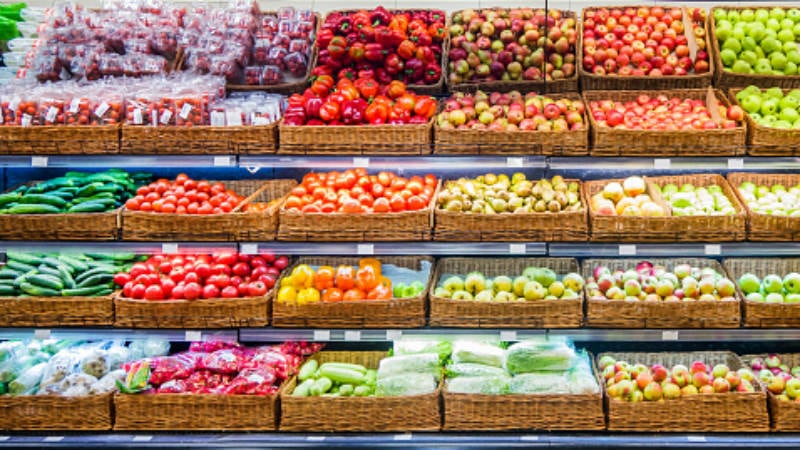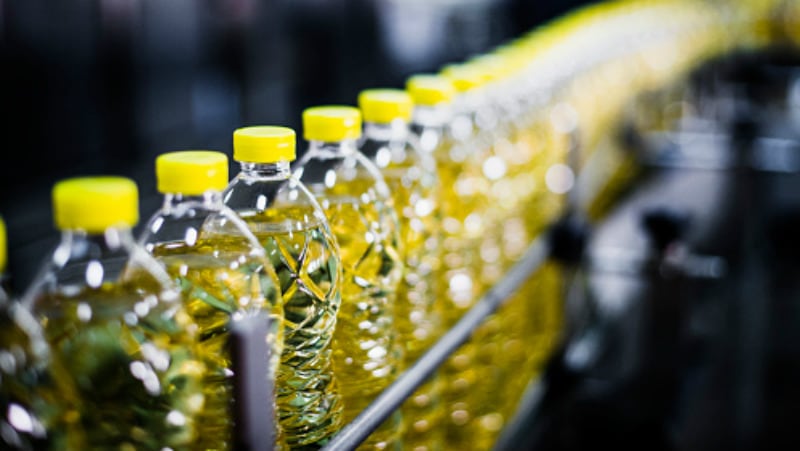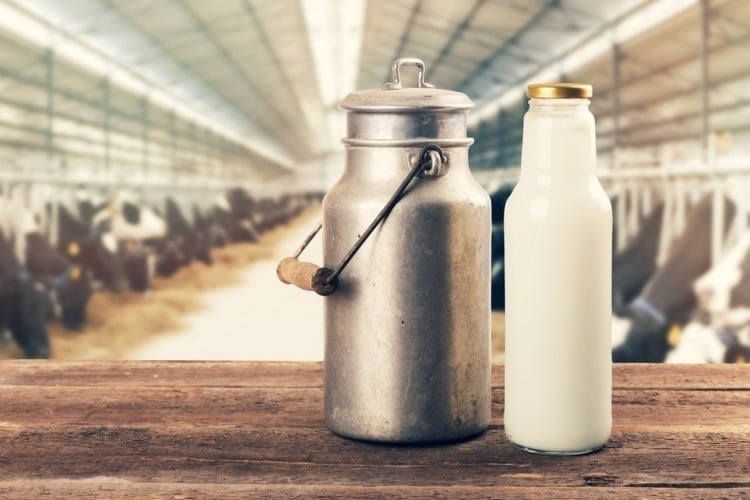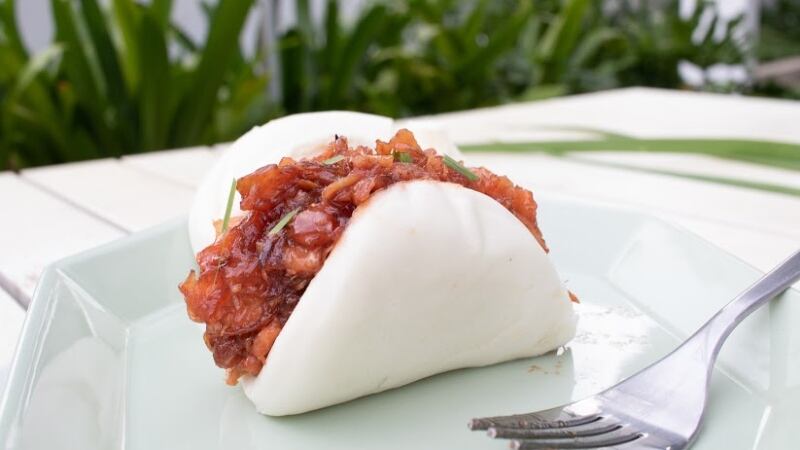The facility, valued at some PHP20m (US$399,433), will be built in the La Trinidad municipality in Benguet province. It was established after reports emerged of farmers in the region having had to dump crops such as tomatoes due to a lack of buyers and market access post-COVID-19.
“There should be no reason for farmers to lose when harvest is abundant. Dumping will not happen again,” DA Secretary William Dar said at a high-level DA meeting.
“The food processing centre will not only serve as a processing hub, but also as a learning and training site for farmers interested to process their harvest into other high value products, thus providing them additional income, and more importantly transforming them into processors.
“We want our Filipino farmers to be more than growers. We want them to become entrepreneurs. This move will level-up their game and give them more financial benefits.”
Although no official announcements have been made on the specific high-value products to come out of the new facility, early expectations based on social media response – which has been extremely positive thus far - lean towards dried and canned items.
The food processing facility will complement the existing Benguet Agri-Pinoy Trading Center (BAPTC) located nearby, which is the country’s largest agricultural trading centre that already houses trading spaces and some processing facilities for ‘highland vegetables’ – e.g. carrots and tomatoes.
The BAPTC has also been instructed by Dar to be a ‘last resort’ buyer location for farmers in order to reduce food wastage.
“[BAPTC management has been directed] to serve as the ‘buyer of last resort’ for vegetables, fruits, and other agricultural produce delivered to the Center by farmers,” said Dar on his Facebook page.
“With this new instruction, the BAPTC is now mandated to buy unbought veggies directly from farmers to ensure that all products delivered to the trading posts are sold, thus preventing wastage, and more importantly farmers earn reasonable profit from their hard work.
“The DA Regional Field Office in Cordillera has been monitoring the local trading posts for the past three months to guarantee the unimpeded flow and movement of fresh farm produce [and] once they see that no one’s buying from the trading posts, they facilitate the movement and look for other buyers.”
Funding for the food processing facility will be from the DA-Bureau of Agricultural Research (BAR), and released to Benguet State University, which manages the BAPTC.
Highland vegetables
Cordillera is the only landlocked administrative region in the Philippines, within which the Benguet province and hence La Trinidad resides.
“Cordillera produces 80% of the national supply of highland vegetables coming from different provinces,” said Dar.
Benguet itself is known as the ‘Salad Bowl of the Philippines’, producing around a billion kilogrammes of vegetables a year on average, according to government data.
There are thousands of such farmers in the province and ones near it – which also means that the region is particularly vulnerable to food wastage and losses, especially during peak season, as well as competition from imported and smuggled crops.
These are all issues that the BAPTC was established in 2016 to tackle, and as of 2018 the trading centre was dealing with some 30% of the highland vegetable trade at 106 million kilogrammes or PHP2bn (US$40m) worth of vegetables, according to Inquirer.
The new food processing facility is hoped to further enhance this, and Dar added that more improvements are yet to come in this area.
“[We are also looking at] the further improvement and institutionalisation of the BAPTC logistics and distribution system, and in the near future [for this] full-fledged vegetable and fruit processing facility, which will be relevant during the COVID-19 pandemic and into the ‘new normal’,” he said.





